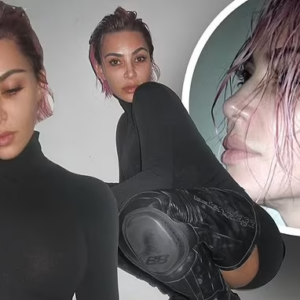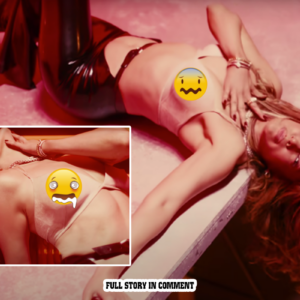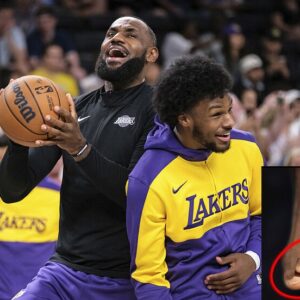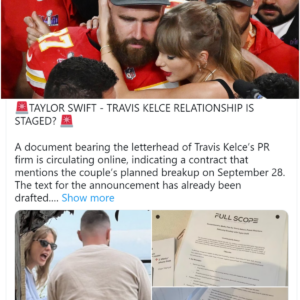Robin Williams, an actor known around the world for making people laugh with his iconic roles had also starred in emotional movies back in the 1990s. One of his iconic movies is still quoted to this day titled Dead Poets Society.
In an interview, the director of Dead Poets Society revealed that the “O Captain, My Captain” scene would end with Robin Williams’ character dying from leukemia in a hospital. Strictly refusing the sad ending, the director threatened to walk out of the film if the ending wasn’t changed.

Robin Williams in Dead Poets Society (1989).
Robin Williams’ Iconc Movie Had A Different And Sadder Ending
Dead Poets Society ended with Williams’ class narrating a rendition of “O Captain, My Captain” by Walt Whitman to their beloved teacher who explained the meaning of Carpe Diem (seize the day). Being one of the most iconic and quoted scenes of all time, the original ending of the movie was much sadder and depressive compared to the one that was redrafted.

The “O Captain, My Captain” scene from Dead Poets Society (1989)
In an interview, the director of the film Peter Weir, and screenwriter Tom Schulman talked about the original ending of the movie that Schulman had written. When the director was in talks with then-Disney chairman Jeffrey Katzenberg, Weir threatened to quit the film if the ending wasn’t changed.
“When I got to a later stage of the screenplay—around page 70 or 80, I started to feel a need to explain why Keating [Robin Williams] had this ‘Carpe Diem’ philosophy that was so important to him, so I decided he’d have a fatal disease, but one like Hodgkin’s lymphoma, where you can live 20 or 30 years, but it’ll ultimately shorten your life, and you will die prematurely,” said Tom Schulman.
Director Peter Weir talked about his side of the story of how he had a chat with then-Disney chairman Jeffrey Katzenberg who told him about the ending.
“So, when Jeff rang a couple of weeks later, and asked, ‘What do you think?’ I said, ‘Look, I’m going to pass.’ And he said ‘Why?’ And I said, ‘Because you go through the whole story, and it’s about seizing the day, and you have this wonderful, inspiring teacher, who I would have followed, and I would have definitely become part of the “Dead Poets Society,”
He further continued,
“But then you come to the scene with Keating in the hospital, and you realize he’s got leukemia, and that’s why he was saying “seize the day”? Well, who wouldn’t say that under those circumstances?’”
With the altered ending, Tom Schulman wasn’t really comfortable since the whole philosophy of Carpe Diem did not make sense if Robin Williams’ character was alive to see it. The dispute was solved when director Peter Weir sat Schulman down for a chat.
When Director Peter Weir Had To Convince For Robin Williams’ Fate
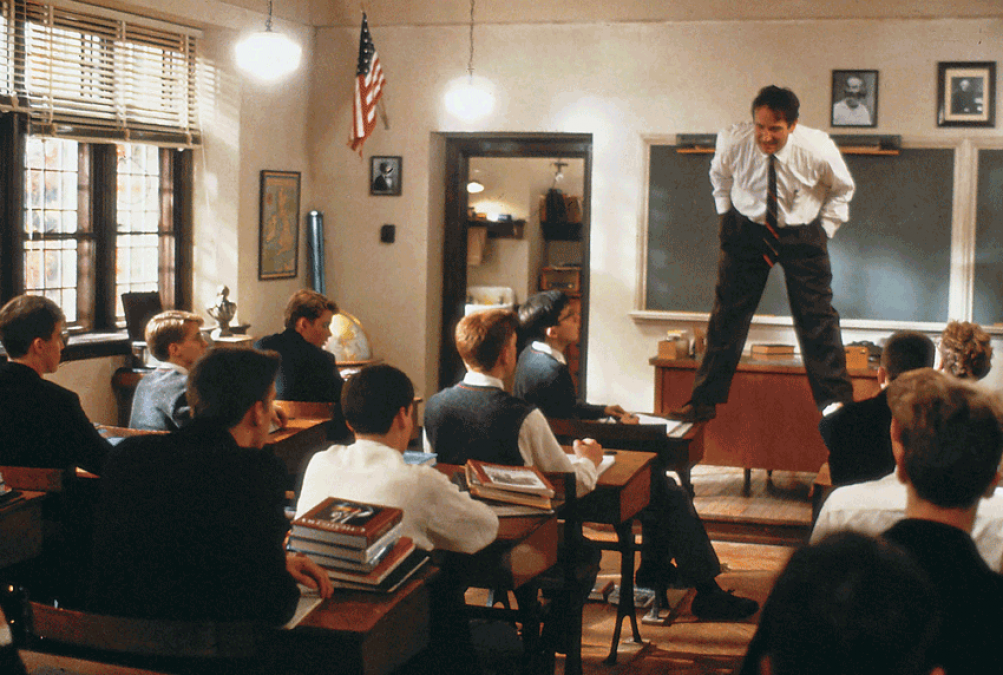
Robin Williams in Dead Poets Society (1989)
In the interview, Tom Schulman admitted that when the director Peter Weir sat down for a chat with him, he told Schulman something that immediately stuck with the writer. Stating that the “O Captain, My Captain” scene depicted their feelings rather than their respect, Schulman immediately agreed to the ending that Peter Weir suggested.
“But then he said something I completely agreed with, when he explained that at the end of the movie, when the boys stand on their desks, it would be easy to make that gesture for somebody who’s dying. But if he’s not dying, then we know they’re standing up for the values he’s taught them, which is much more powerful. When I heard that, I thought, ‘Damn it, Peter, you’re right.’
And that was the end of it.”
In the end, Dead Poets Society, starring Robin Williams is hailed as one of the finest pieces of cinema ever created. The movie received a high rating of 8.1/10 on IMDB and 84% on Rotten Tomatoes. The Robin Williams starrer is available to stream on Apple TV+.
News
Kim Kardashian shows off her curves and continues to plug controversial $60k Cybertruck – as the Tesla vehicle is plagued with safety problems
Kim Kardashian showed off her toned curves in a skimpy ensemble as she continued to plug her controversial $60k Tesla Cybertruck – amid mounting problems with the vehicle line. The…
Kim Kardashian unveils millennial pink bob in gritty photo shoot… after bleach blonde hair left her looking like Kanye West’s new wife Bianca Censori
Kim Kardashian debuted her new hair in artistic, makeup-free Instagram portraits on Monday. The reality TV personality, 43, showed off her edgy new look after dying her hair a cotton candy pink…
Kim Kardashian the copycat! Reality star looks just like Kanye West’s new wife Bianca Censori with bleached hair, no bra and skimpy ‘apron’ top
Kim Kardashian looked as if she had taken a page from the stylebook of her ex-husband Kanye West’s current wife Bianca Censori during an outing in Los Angeles on Sunday. The 43-year-old reality TV icon…
Khloe Kardashian fans praise the star’s ‘flawless’ figure as she rocks a tiny black bikini while on a yacht
Khloe Kardashian has stunned fans as she rocked a teeny tiny bikini during a yacht ride. In a new Instagram post, Khloe, 39, shared a snapshot of herself in a black…
Kim Kardashian critics say she’s ‘morphing into’ Bianca Censori with ‘fried’ short pink hair and bodysuit in new pics
Fans have accused Kim Kardashian of morphing into her ex-husband Kanye West’s younger wife Bianca Censori in new pics. The Kardashians star recently chopped her hair and dyed…
Jennifer Lopez looks topless as she shows off her incredible body at 54 in bra with a nipple on it for sεxy new video
Jennifer Lopez ‘can’t get enough’ of flashing her bra in her sεxy new music video with rapper Latto. JLo, 54, appeared in one scene wearing a red…
End of content
No more pages to load

